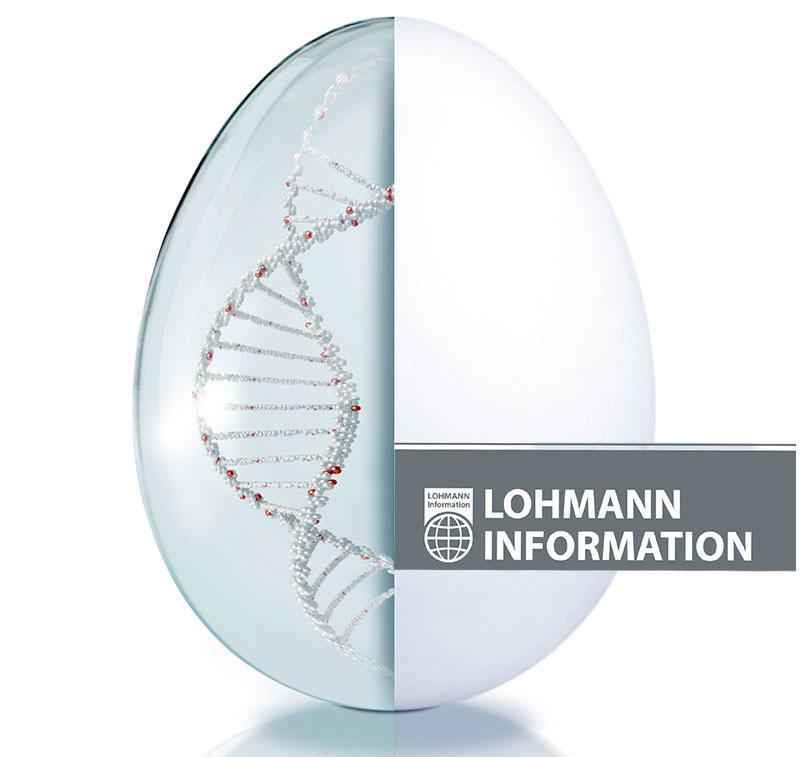This website uses cookies to improve your experience. We'll assume you're ok with this, but you can opt-out if you wish. Read More

Introduction Bacterial infections are of great economic importance in the poultry industry worldwide. Particularly in the chicken layer industry recent…

Summary Drinking water for animals is a feedstuff and the most important nutrient. A shortage of water in the organism…

Summary In this paper, we provided an analysis of irrigation water management in the province Khorezm of Uzbekistan and presented…

Introduction With the increasing use of floor housing systems in the layer industry, the adaptability of laying hens under these…

Summary The production of edible protein of animal origin is the primary objective of livestock husbandry. The protein intake of…

Introduction In Germany, animal production represents more than 60% of the total value of agricultural output. As in other Western…

The Heinz-Lohmann Foundation was initiated by the brothers Paul-Heinz and Erich Wesjohann and registered on 4th August 1997 as a…
And find out about all the latest industry news.